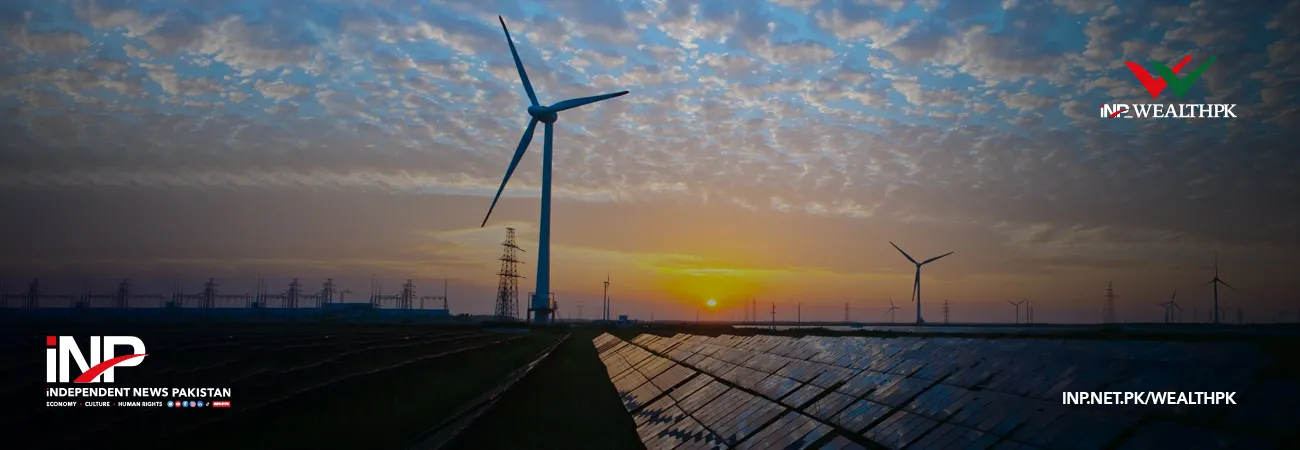INP-WealthPk
Muhammad Saleem

Pakistan needs cheap electricity to spur robust economic growth, but the current contracts inked with independent power producers (IPPs) are a significant obstacle to generating affordable electricity. Speaking to WealthPK, Dr Sajjad Arshad, acting President of Faisalabad Chamber of Commerce & Industry (FCCI), said that capacity charges paid by the federal government to IPPs were unbearable. He said some IPPs received billions of rupees without transmitting even a single unit of electricity to the national grid. He said owing to ill-conceived policies, electricity prices were skyrocketing, with the per unit rate touching Rs70-80. “The government has so far paid Rs2,100 billion to the IPPs as capacity charges. These charges will swell to Rs2,800 billion next year, and this practice will continue until 2030,” Sajjad said. He said industrialists and businessmen community were feeling the pinch due to the surging and unbearable prices of electricity.
He urged the government to take a hard look at the contracts with the IPPs as such contracts were not in favour of the country or consumers. “It is up to the policymakers to decide whether they want to protect the rights of 240 million citizens of Pakistan or just 40 IPPs.” “The country cannot move forward without seeking a solution to this chronic issue,” he said, adding that the industrial and trade organisations had mapped out a plan to take to the streets against the surging energy prices. Rubina Amjad, President of Faisalabad Women Chamber of Commerce & Industry (FWCCI), said that the recent surge in electricity rates could trigger civil unrest. She said, “We have to find alternative energy sources like solar, wind and hydropower to bid farewell to the costly IPPs.” She highlighted that scores of industrial units had closed down in Faisalabad, leaving thousands of workers jobless. “The situation will get worse because of the unbearable electricity rates.”
“Only cheap electricity can ensure business activities and jobs for the unemployed workforce. Otherwise, the nation and national exchequer will keep struggling to stay afloat,” she said. Rubina questioned the capacity charges paid to the IPPs. “Such charges are unfair and unjust as IPPs are receiving hefty payments even without generating a single unit.” “Contracts with IPPs were struck to attract foreign investors. However, this approach has backfired, raising the power sector circular debt to Rs2.64 trillion as of February last,” she said. Zafar Iqbal, an industrialist, talking to WealthPK said that instead of mollycoddling the IPPs, the government must announce subsidies for industries to invest in renewable energy. He said that the hefty amounts being paid to IPPs should be diverted to local energy generation. “This approach will ensure a cheap and smooth supply of energy.”
“Nations are forging ahead but we are still stuck in a rut, struggling to resolve the chronic electricity shortages.” Zafar demanded strict action against those who had inked contracts with the IPPs. He believes that the IPPs contracts forced Pakistan to seek assistance from the International Monetary Fund. Haji Muhammad Aslam, the FCCI Vice-President, said that the high power tariffs were adversely affecting every segment of society. Criticising the policy rate of 22%, he said that the high interest rate was also putting a strain on business activities, as people preferred to keep their cash in banks rather than invest in projects. “Commercial and industrial activities will pick up steam if electricity prices and policy rate are brought down,” he said.
Credit: INP-WealthPk













